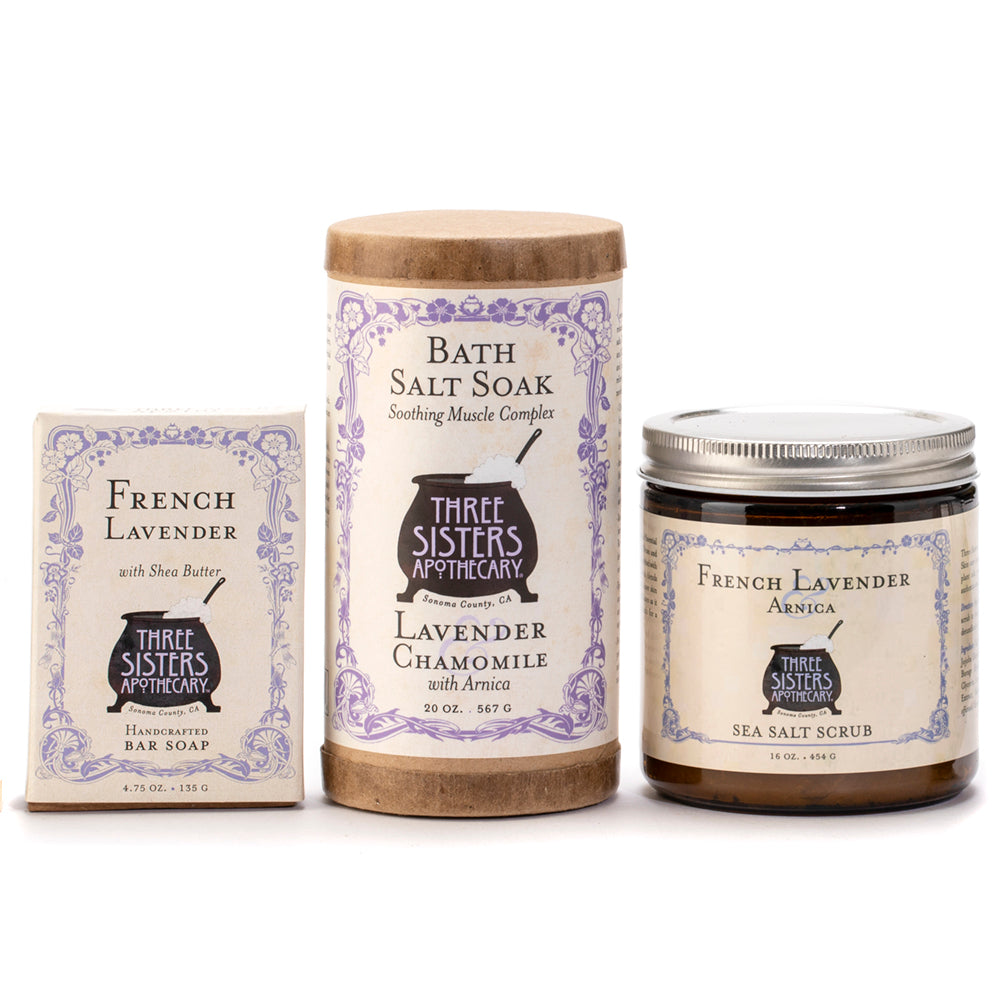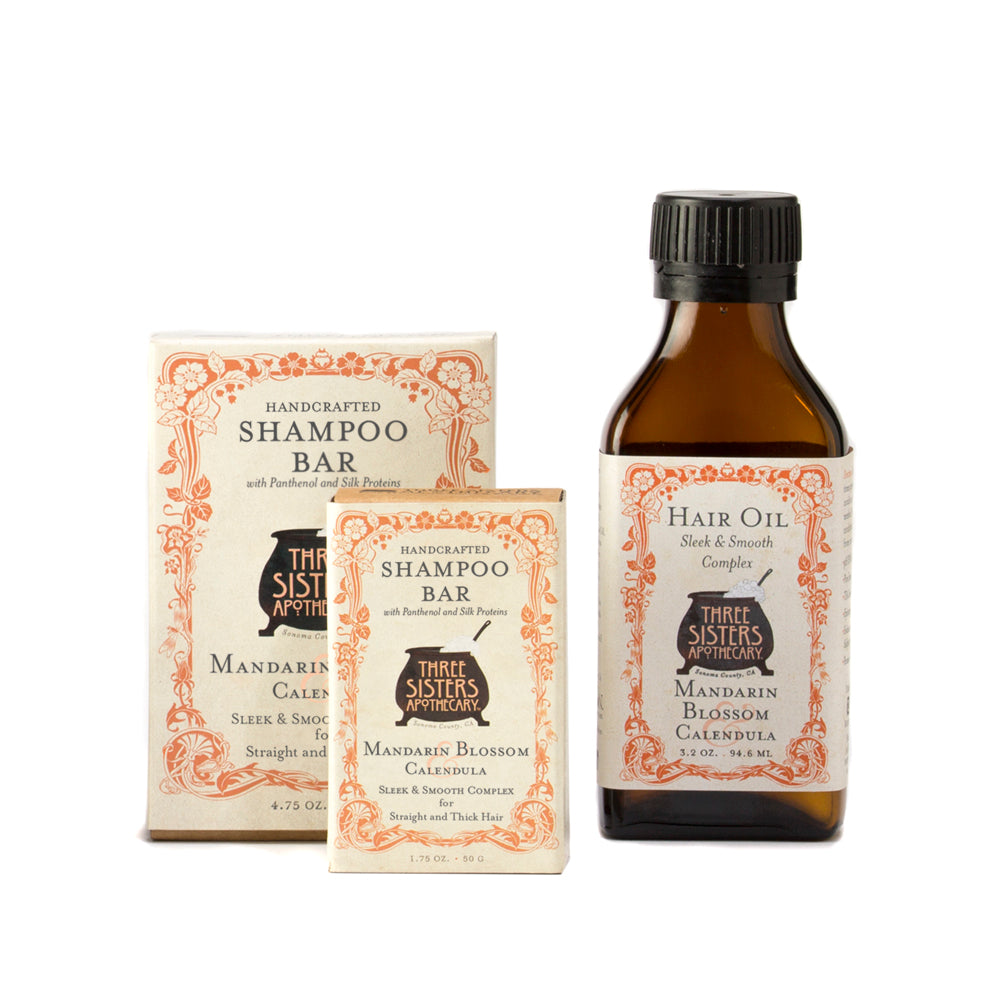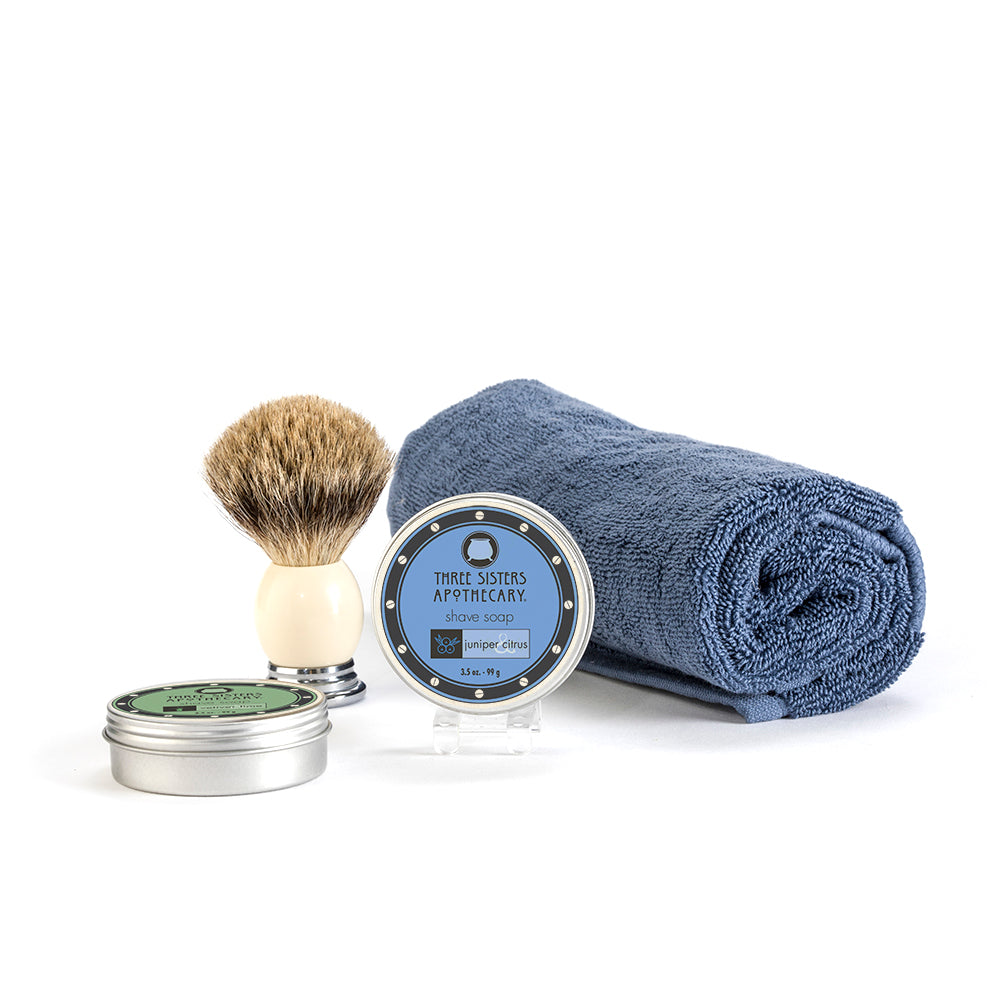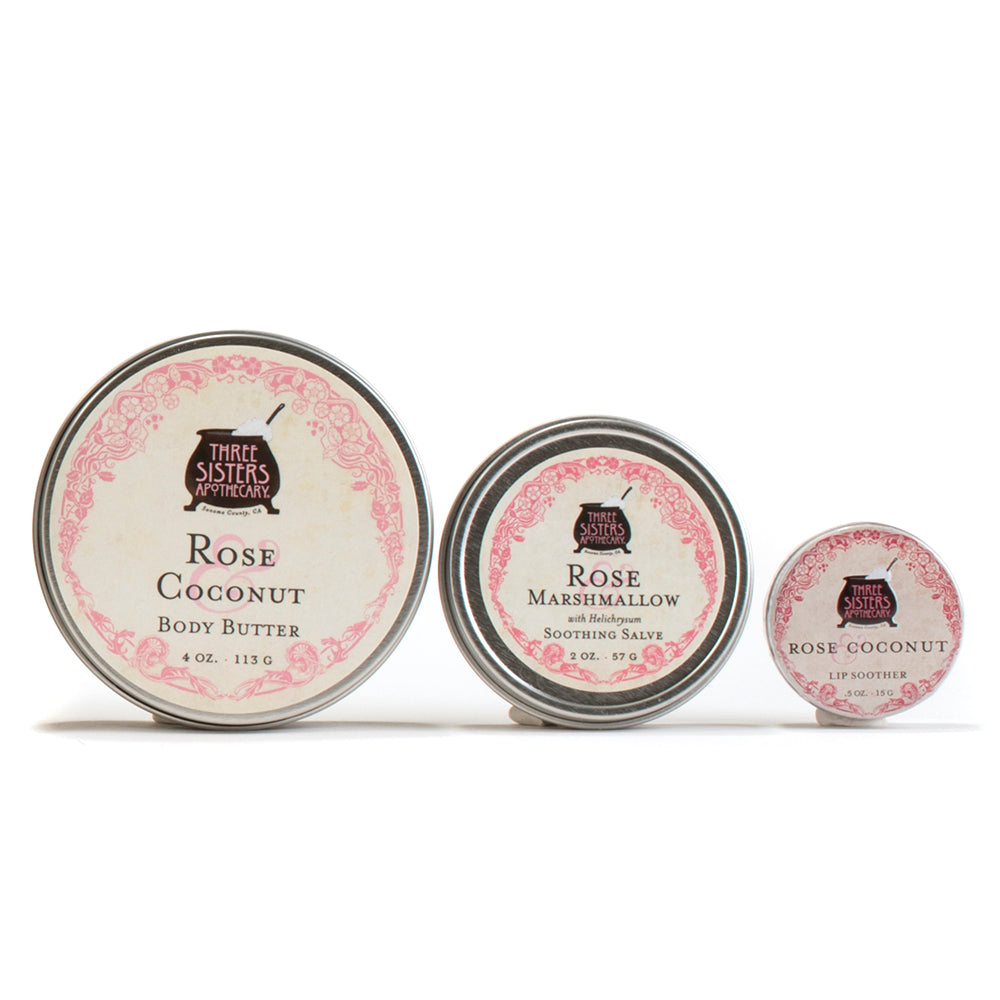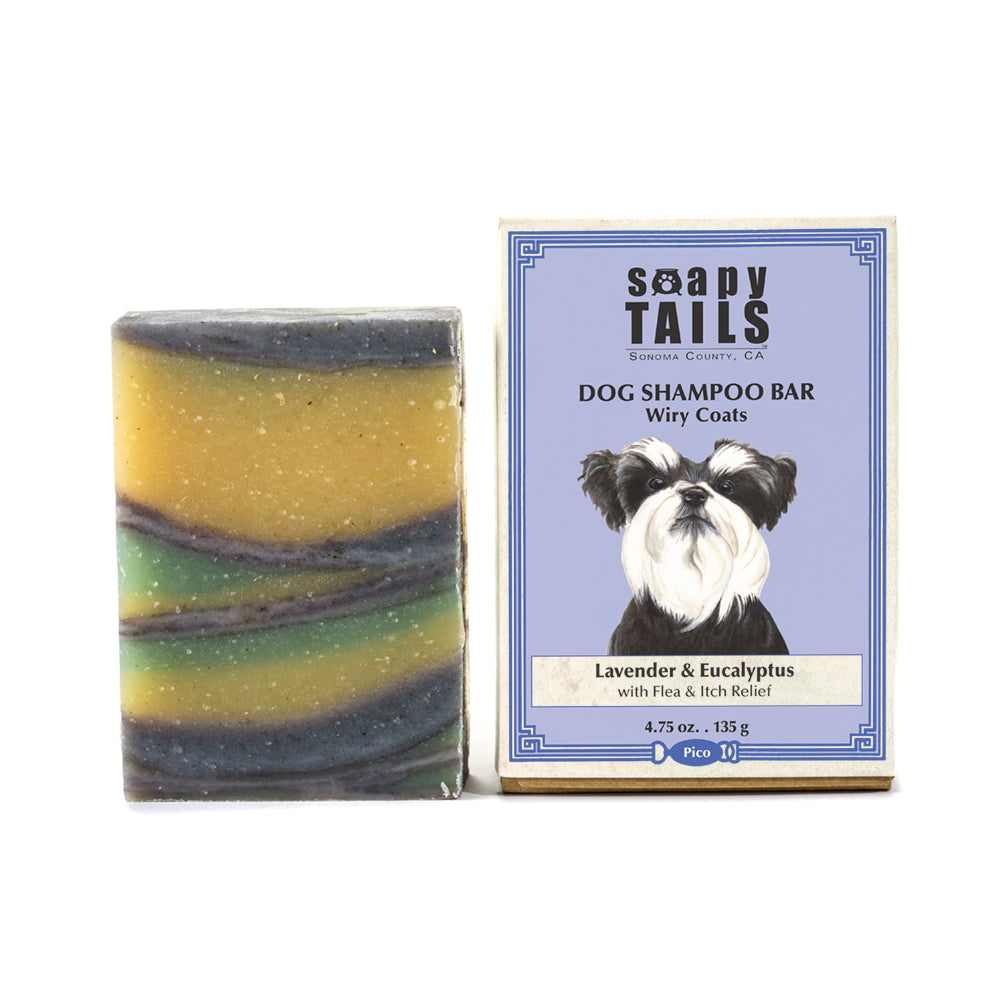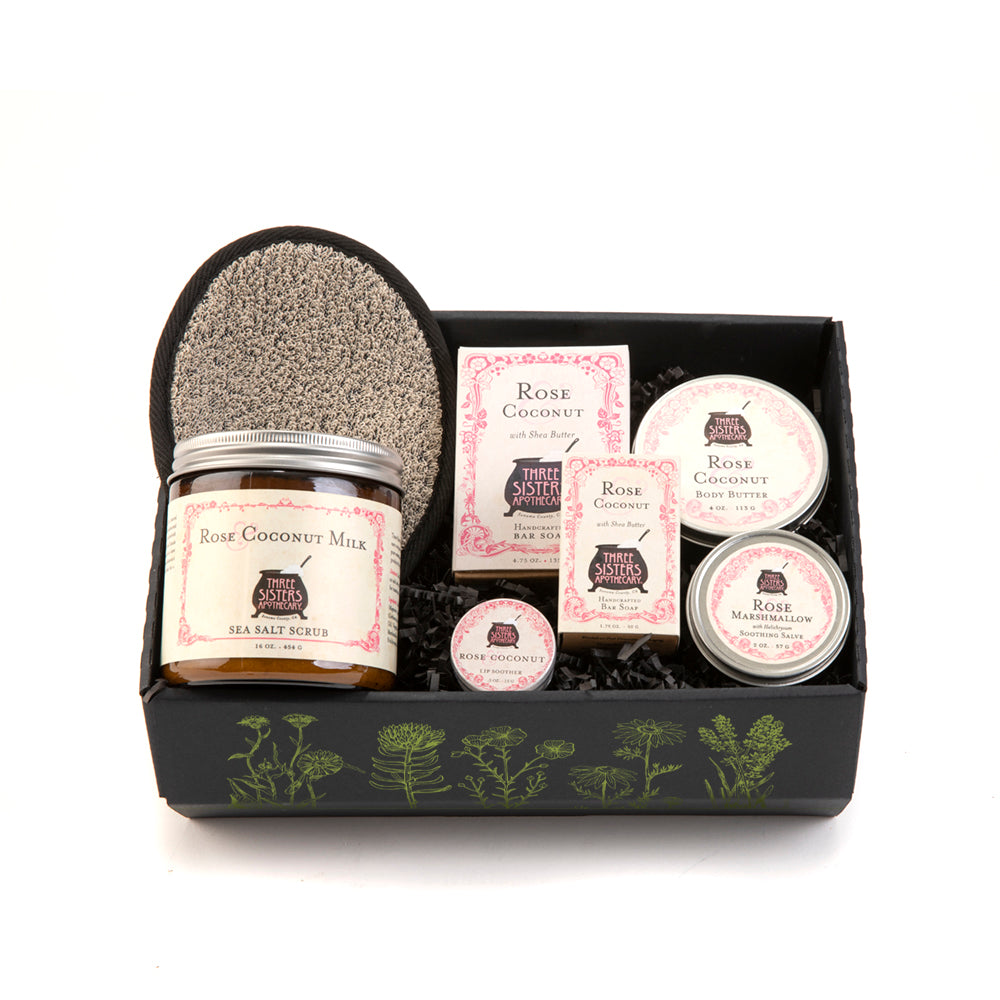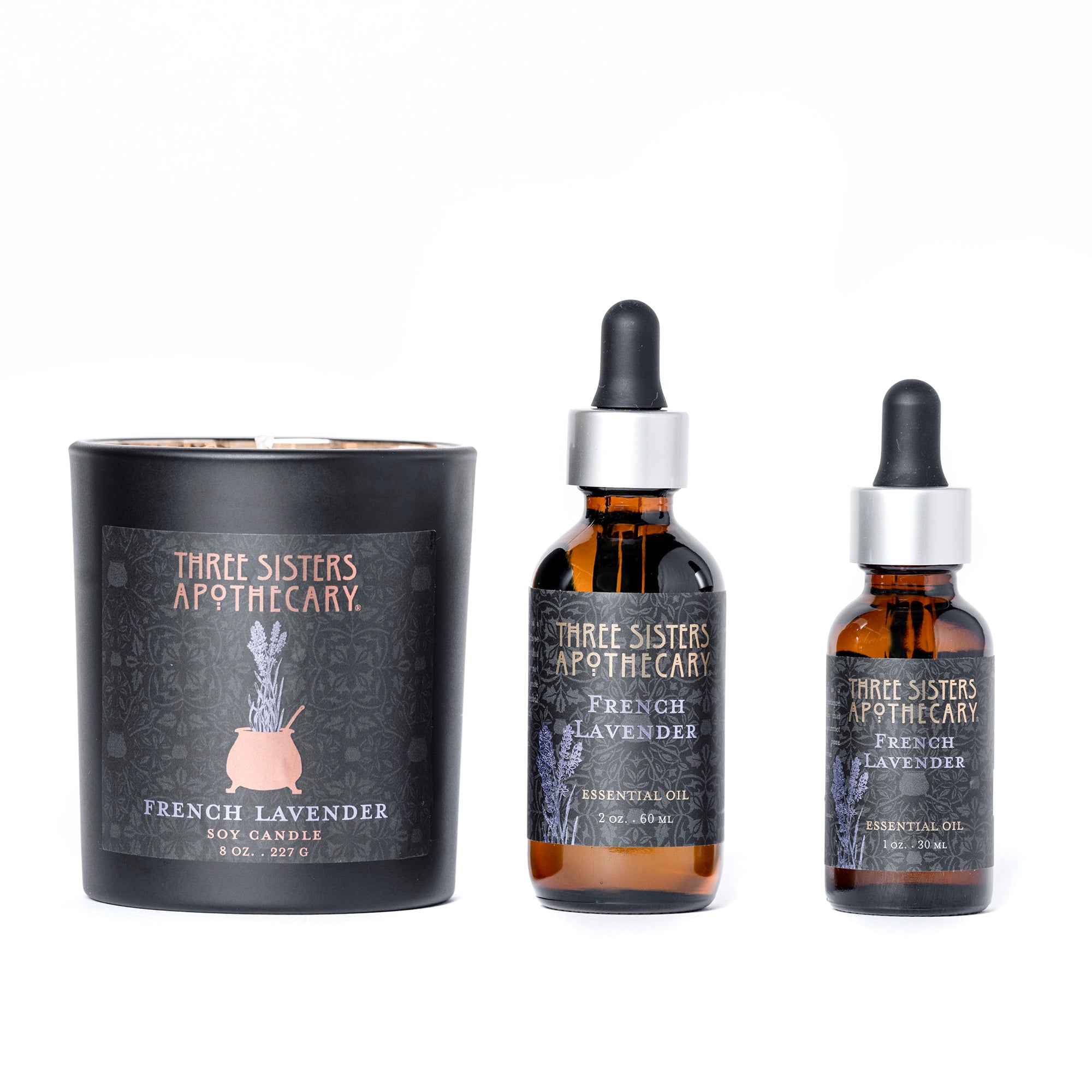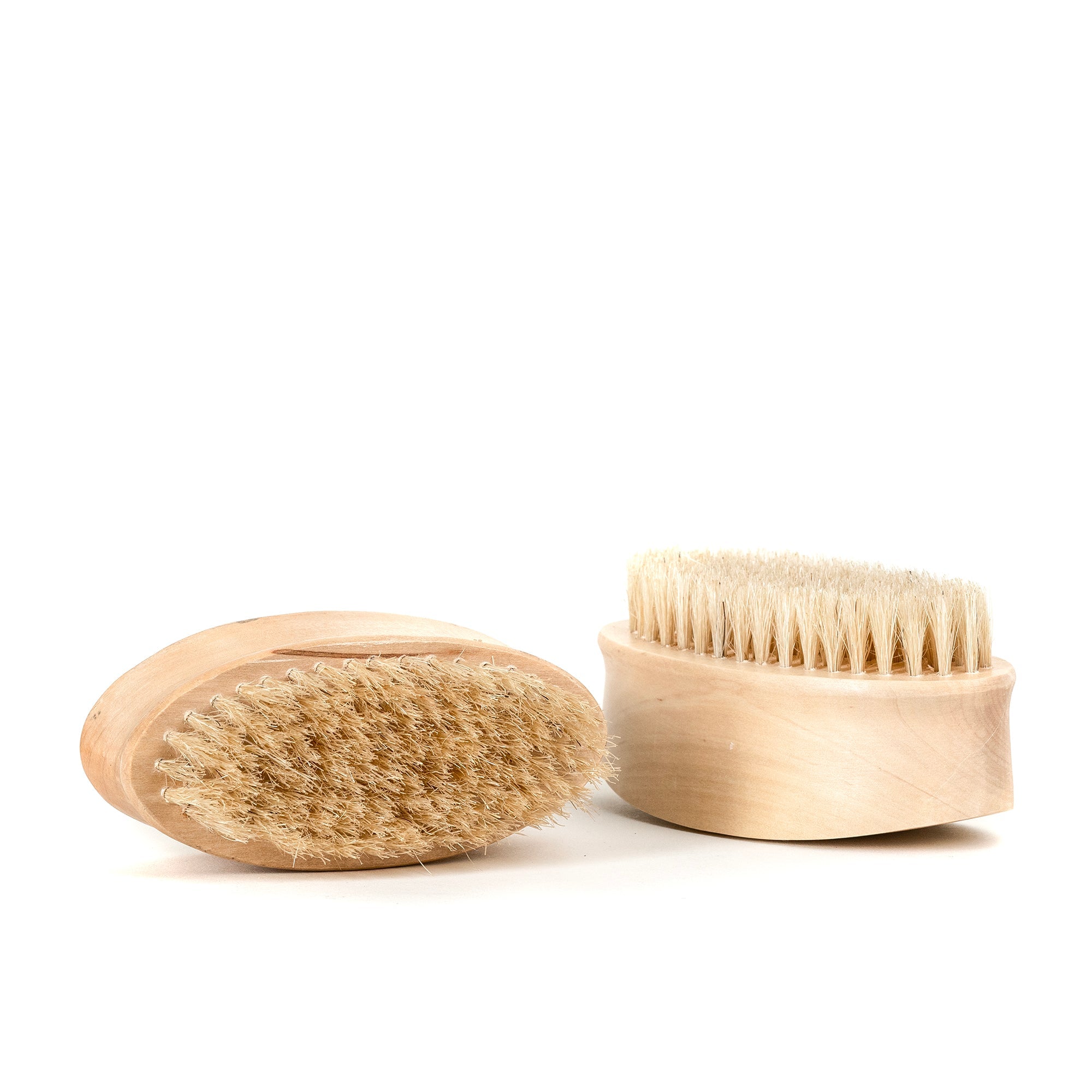Soap -The First Line of Defense
Does soap need to be antibacterial to be effective?
We have received emails from customers asking if soap needs to be antibacterial to help keep them safe. The simple answer is no. This is because in a non-hospital setting, there is no FDA approved specific over the counter ingredient that is yet known to kill viruses. What is effective according to the Center for Disease Control (CDC) and Food & Drug Administration (FDA) is hand washing between 20-40 seconds with any soap and warm water.
The Science of Antibacterial Soap
The CDC and FDA state clearly that there is “no evidence” that antibacterial soap is more effective than regular soap. Studies show that there is no added health benefit for consumers using soaps claiming to contain antibacterial ingredients compared with using plain soap. That is why the FDA ruled in 2016 that nineteen ingredients such as Triclosan common in “antibacterial” soaps were no more effective than non-antibacterial soap and could no longer make claims on packaging or marketing messages that they were. As supplies in stores run thin, we want to stress that basic hand washing with any soap is the best first defense.
How Soap Cleans
Soap lifts dirt and oils off the skin so they can be rinsed easily away while not harming healthy skin bacteria. Many viruses in the environment are surrounded by lipid (fatty) membranes containing proteins that allow them to function and multiply. The structure of Soap is that it is both hydrophilic (bonds easily to and loves water) and hydrophobic (bonds easily with oils and fats, fears water). Soap works because it disrupts fats and dirt apart. Ordinary soap and water can disrupt and kill many types of bacteria and viruses because the soap molecules surround organisms on the skin. The hydrophobic tails of the soap molecules evade water; and in the process, wedge themselves into the lipid surface of microbes and viruses, prying them apart. This makes viruses unstable rendering them inactive. As you rinse your hands, the organisms that have been damaged, trapped and killed by soap molecules are washed away.
The article in the NY Times by Ferris Jabr has a diagram of how soap can render a virus inert.
An excellent alternative when soap and water are not available are alcohol-based hand sanitizers with at least 60% alcohol. They are also effective at destabilizing the lipid membranes of viruses.
Effective hand washing is critical to keep yourself and your family healthy.
- Wet hands with clean, running warm water, turn off the tap, and apply soap.
- Lather hands by rubbing them together with the soap. Lather the backs of your hands, between your fingers, and under your nails.
- Scrub hands for at least 20 seconds. Either count or try singing a song.
- Rinse hands well under clean, running water.
- Dry hands using a clean towel.

Sources:
https://www.cdc.gov/healthywater/hygiene/hand/handwashing.html
https://www.nytimes.com/2020/03/13/health/soap-coronavirus-handwashing-germs.html
https://www.epa.gov/ingredients-used-pesticide-products/triclosan


